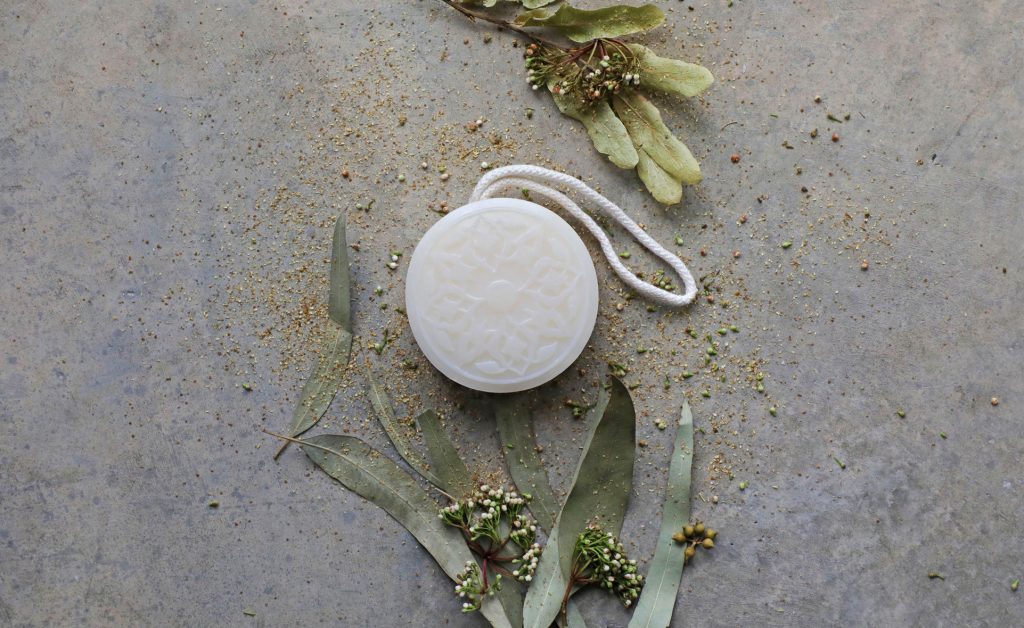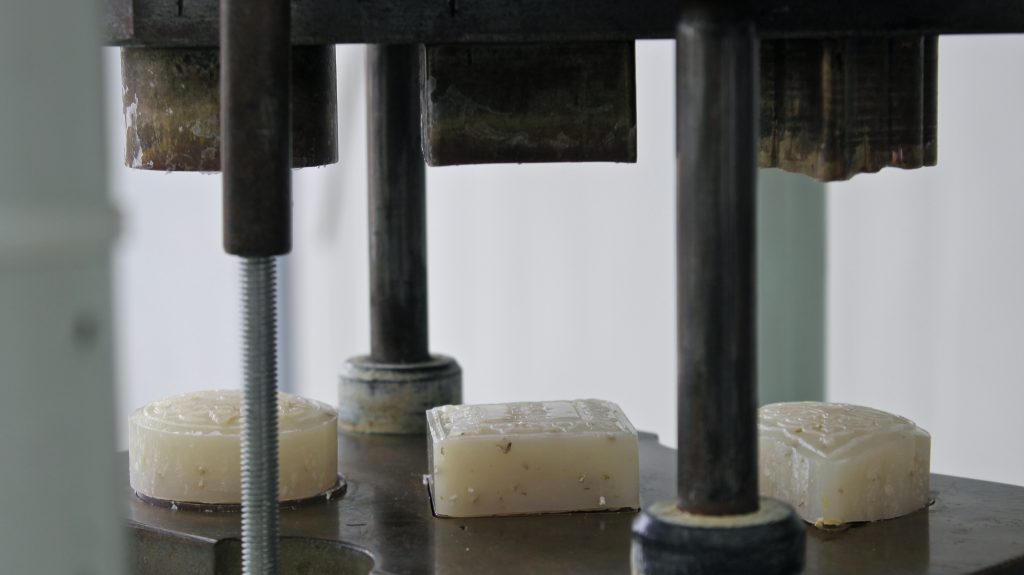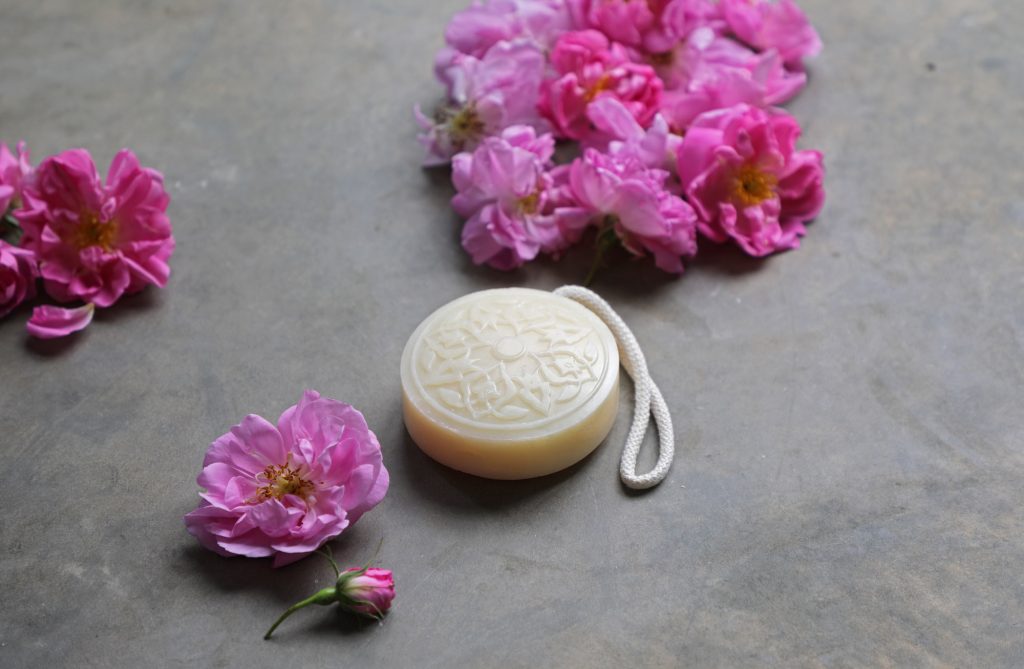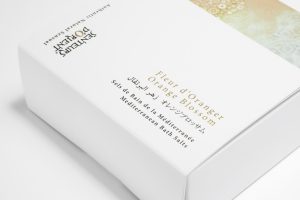





Rawaa Talass Dubai
It is not often that one hears of a woman of Arab origin who was born, raised and educated in Tokyo. But in the 1950s, the fragrance connoisseur Hana Debs Akkari was born to Syrian parents in Japan, which remains a profound source of inspiration and guidance in her personal and professional life until today.
“Growing up in Japan was a great privilege,” the Beirut-based Akkari told Arab News Japan. “I love the rigor of the Japanese – they work really hard and have a sense of duty. You are brought up in this culture, where, slowly, you feel being fashioned into a certain role and it grows on you organically. I realized that it was an added plus to the way I would eventually deal with my life with a sense of duty and hard work.”
Akkari said her family had a fascinatingly long-standing presence – for nearly 100 years – in Japan. During the 1920s, her father and textile expert, Abdul Hadi Debs, along with his brother, founded a trading company in Japan that exported silk goods to buyers around the world, including the Middle East.
Inheriting her family’s entrepreneurial skills, Akkari studied perfumery in Paris in 1980, and moved to Lebanon with her husband in 2000. It was in Beirut that she established “Senteurs d’Orient”, handcrafting vegetal soaps that pay homage to the beloved floral scents of the Levant.

“Even in the Orient or Far East, women were not expected to be involved in business or not given any role in participating,” explained Akkari on why she pursued her passion project. “So, I’ve always had this sort of quest and thirst in me in wanting to set something up in industry, which really interested me.”
Through Senteurs d’Orient’s artisanal soaps, Akkari thoughtfully celebrates ‘East and East’, or in other words, the soothing and traditional art of bathing, which unites Japan and the Arab world. “In Japan, you have the ‘onsen’, and in the Middle East, when you go to Aleppo, you’ll see the public bath or ‘hammam’. These places are also social, where people have discussions and tea,” she elaborated.
Under the leadership of her daughter, Sarah, who currently acts as the CEO of the company, it has had a stronger international presence, offering a wide variety of soaps – some of which are shaped like the popular Levantine ‘maamoul’ pastry – that are organically produced in a modern Beirut factory, run mostly by women artisans.

Almost every item is packed with refreshing scents of the Levant, which is reportedly the world’s oldest soap-making region: Rose of Damascus, Cedar of Lebanon, and Jasmine of Arabia. “Each scent was developed with a particular journey in mind,” said Akkari. Meanwhile, a product that was intentionally done with Japan in mind is the ‘Tea Flower’ soap: “Its fragrance reminds me of certain spa places in Japan, which I go to yearly,” she continued.
In terms of design, elements of admired Japanese craftsmanship permeate through the smallest of details. Some of the company’s minimalist boxes, for instance, are meant to resemble the simplicity of the foldable origami box, which requires no fuss and extra add-ons. Even the way of which soaps are wrapped in scent-preserving silk paper, executed in a swift and effortless one-go and sealed with a small piece of labeled tape, was inspired by neat and precise packaging practiced by the Japanese.
Today, in the midst of the coronavirus pandemic, the online sales of Senteurs d’Orient’s high-quality products have interestingly increased. And last month, the New York-based Sarah decided to donate nearly 500 soap packages to four American hospitals. “It’s really this generation of young Arab women and young committed people that doesn’t want to go back to where their parents were,” commented Akkari on the donation. “They want to make a difference.”